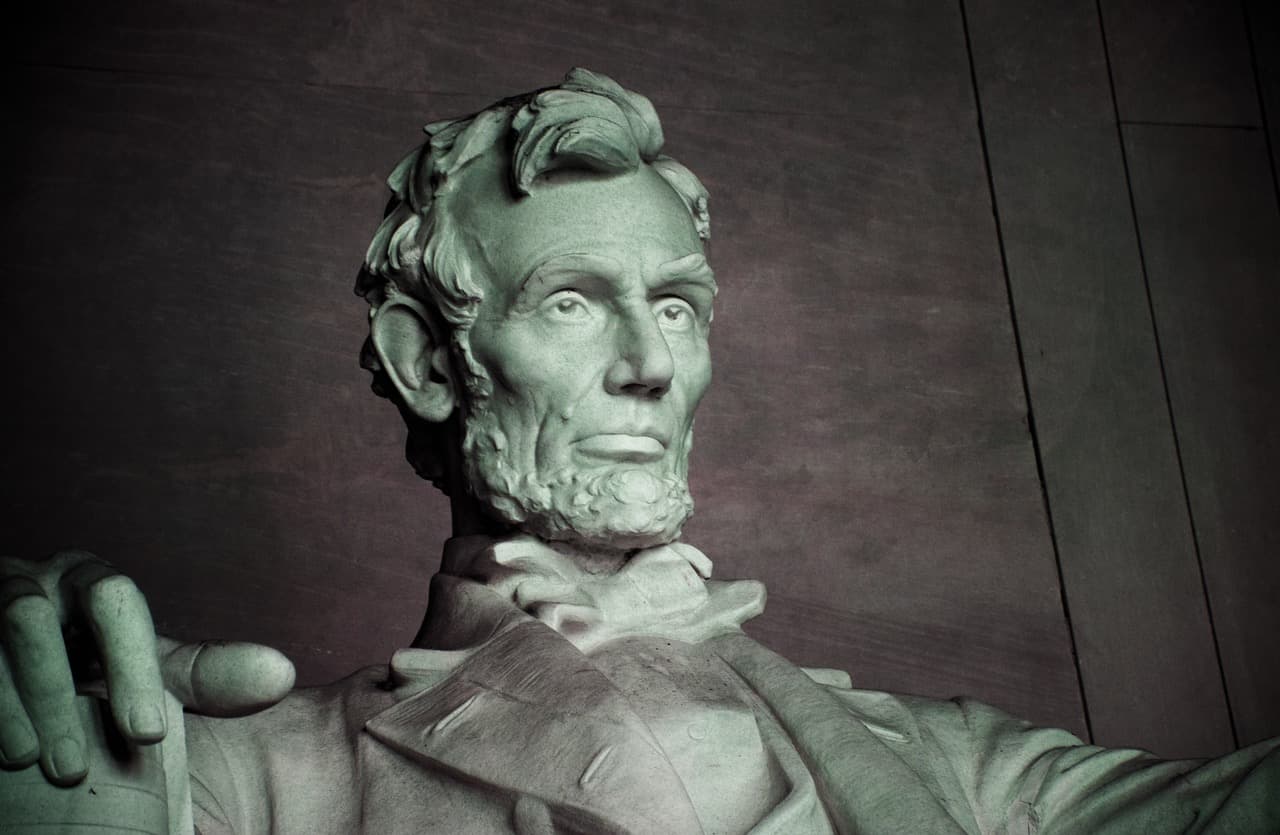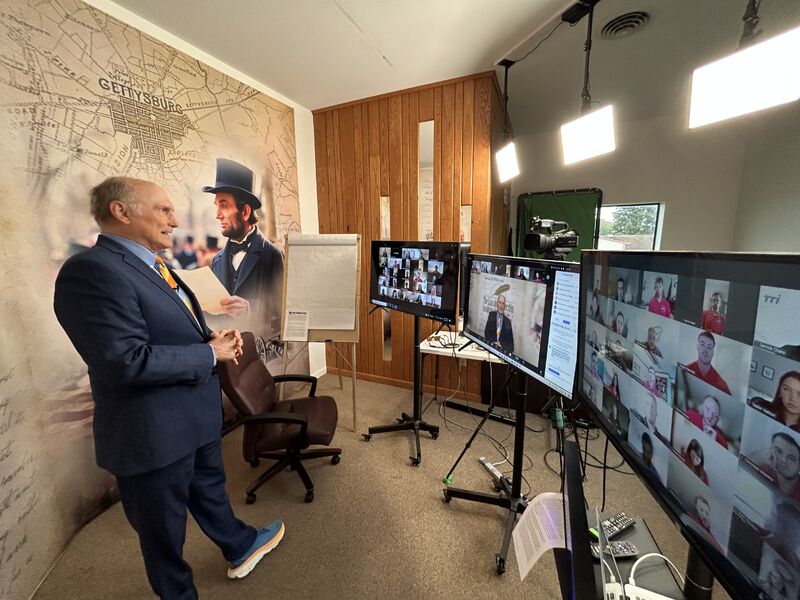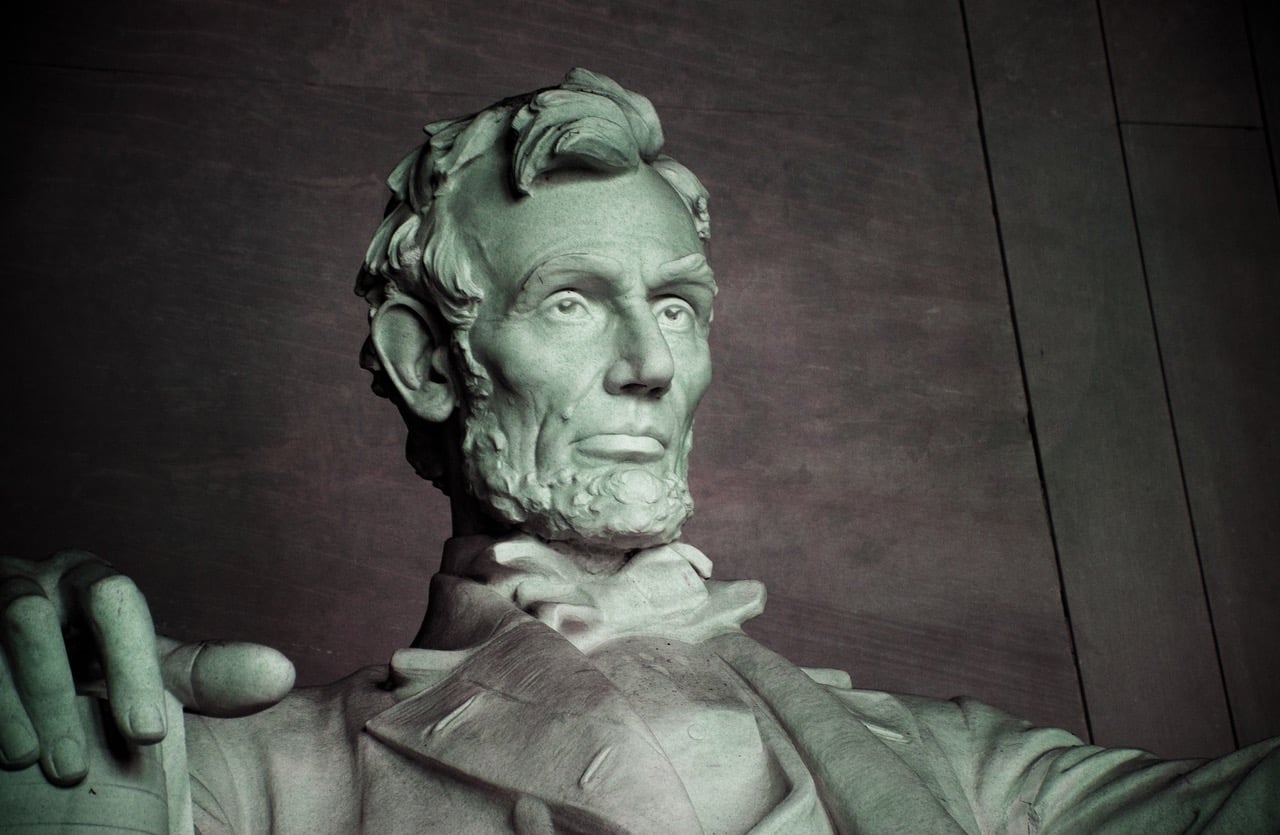
Harnessing the Power of Story: Lessons from the Gettysburg Address
By Jared Peatman
Published on November 19, 2024
The Enduring Power of Lincoln's Greatest Speech
Tuesday, November 19 marks the 161st anniversary of arguably the greatest speech in world history – the Gettysburg Address. In just 272 words, delivered in approximately two minutes, Abraham Lincoln transformed a battlefield dedication into a masterpiece of leadership communication that continues to inspire leaders around the world.
The Context: A Nation Divided
When Lincoln spoke at Gettysburg, America was at its lowest point. The Civil War had already claimed hundreds of thousands of lives, the economy was devastated, and the very survival of the nation was in question. The Battle of Gettysburg itself had resulted in over 50,000 casualties in just three days.
Lincoln wasn't the main speaker that day—Edward Everett was scheduled to give the primary address, which lasted two hours. Lincoln's role was simply to offer "a few appropriate remarks" to dedicate the cemetery. Yet it was these brief remarks that would be remembered forever.
The Leadership Lessons
1. Clarity of Purpose Lincoln's speech had a crystal-clear objective: to redefine the purpose of the war and inspire the nation to continue the fight. Every word served this purpose. Modern leaders can learn from this focus—great communication starts with absolute clarity about what you're trying to achieve.
2. Humility and Perspective Lincoln began by acknowledging that the living could not consecrate the battlefield because the dead had already done so through their sacrifice. This humility made his subsequent call to action more powerful. Great leaders understand that sometimes the most powerful stance is to acknowledge what you cannot do before focusing on what you can.
3. Emotional Connection The speech works because it connects with fundamental human emotions—grief, honor, duty, hope. Lincoln didn't rely on statistics or policy details; he spoke to the heart. In business, data matters, but inspiration comes from connecting with people's deepest motivations.
4. Future Focus Rather than dwelling on the tragedy of the past, Lincoln redirected the audience toward the future mission: ensuring that "these dead shall not have died in vain." Great leaders help their teams process setbacks while maintaining focus on the mission ahead.
The Power of Storytelling in Leadership
The Gettysburg Address demonstrates several crucial elements of effective leadership storytelling:
Brevity with Impact In our age of information overload, Lincoln's economy of words is more relevant than ever. He proved that powerful communication isn't about how much you say—it's about making every word count.
Universal Themes Lincoln spoke about sacrifice, duty, renewal, and purpose—themes that resonate across cultures and centuries. Effective leaders connect their specific challenges to these universal human experiences.
Call to Action The speech wasn't just beautiful words; it was a rallying cry. Lincoln ended with a clear directive: dedicate yourselves to the "unfinished work" and the "great task remaining." Every great leadership communication should end with people knowing exactly what they need to do.
Modern Applications for Leaders
In Crisis Communication: When your organization faces its darkest hour, leaders must acknowledge the reality while painting a compelling vision of the future. Like Lincoln, you must help people understand that current struggles serve a larger purpose.
In Change Management: Major organizational changes require the same elements Lincoln used: acknowledging what has been lost, honoring it appropriately, and then redirecting energy toward the new mission.
In Team Building: The most powerful teams are those united around a shared sense of purpose. Lincoln showed how to transform individual sacrifice into collective mission.
In Strategic Communication: Whether addressing shareholders, employees, or customers, the principles remain the same: be clear, be brief, connect emotionally, and end with a compelling call to action.
The Lincoln Leadership Institute Connection
At LLI, we don't just study the Gettysburg Address as a historical artifact—we examine it as a masterclass in leadership communication. When you stand where Lincoln stood, when you see the cemetery he was dedicating, when you understand the full context of that moment, the speech becomes more than words on a page.
It becomes a template for how great leaders communicate in their own moments of crisis and opportunity.
Your Own "Gettysburg Address"
Every leader faces moments when they must help their organization make sense of tragedy, setback, or change. The question isn't whether you'll face such moments—it's whether you'll be prepared to communicate with the clarity, humility, and power that Lincoln demonstrated.
The principles are timeless:
- Know your purpose
- Respect your audience
- Connect emotionally
- Be brief but powerful
- End with clear direction
Want to experience the power of Lincoln's leadership firsthand? Join us at Gettysburg, where we explore not just what Lincoln said, but how modern leaders can apply his principles to transform their own organizations and teams.




